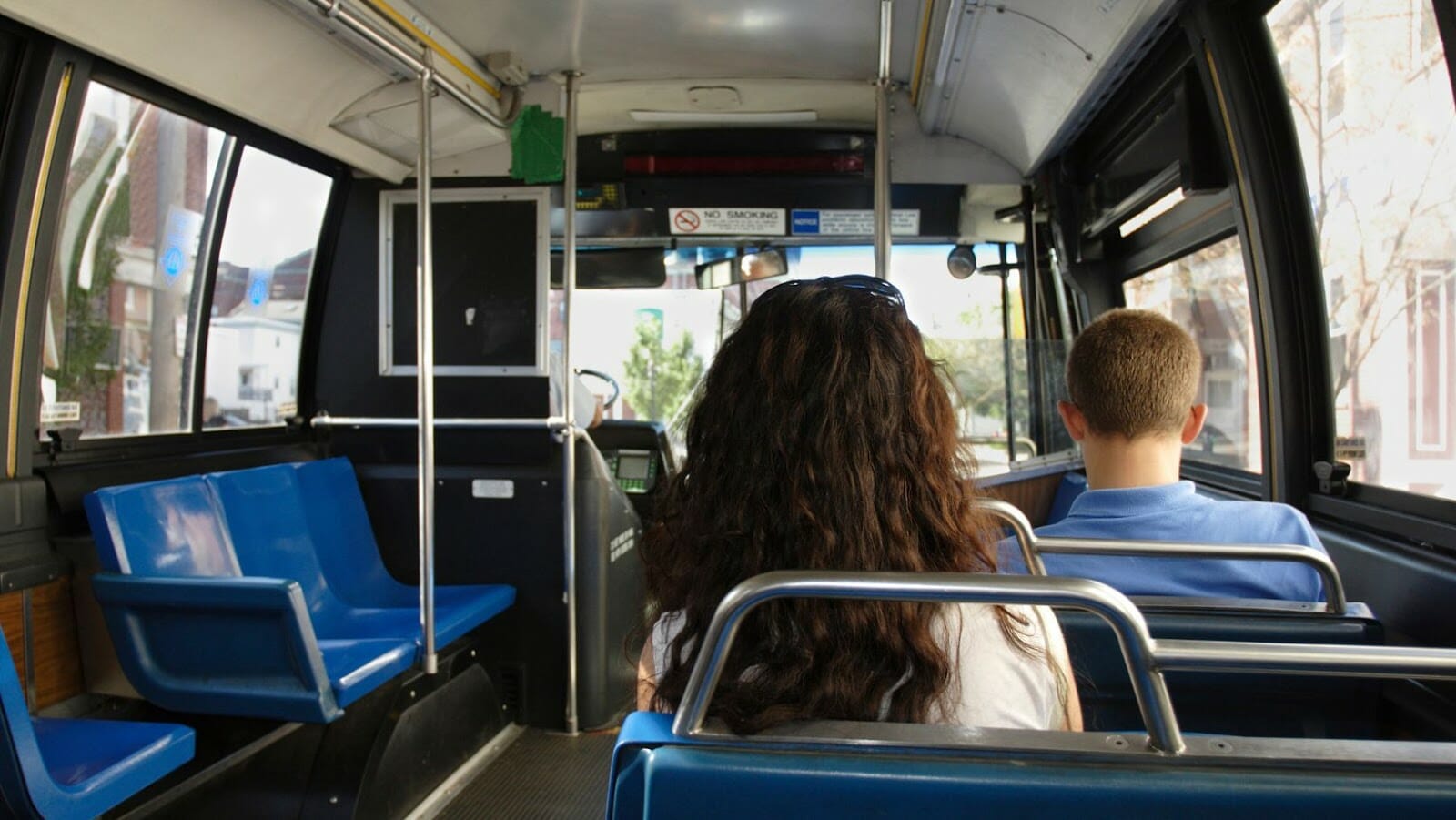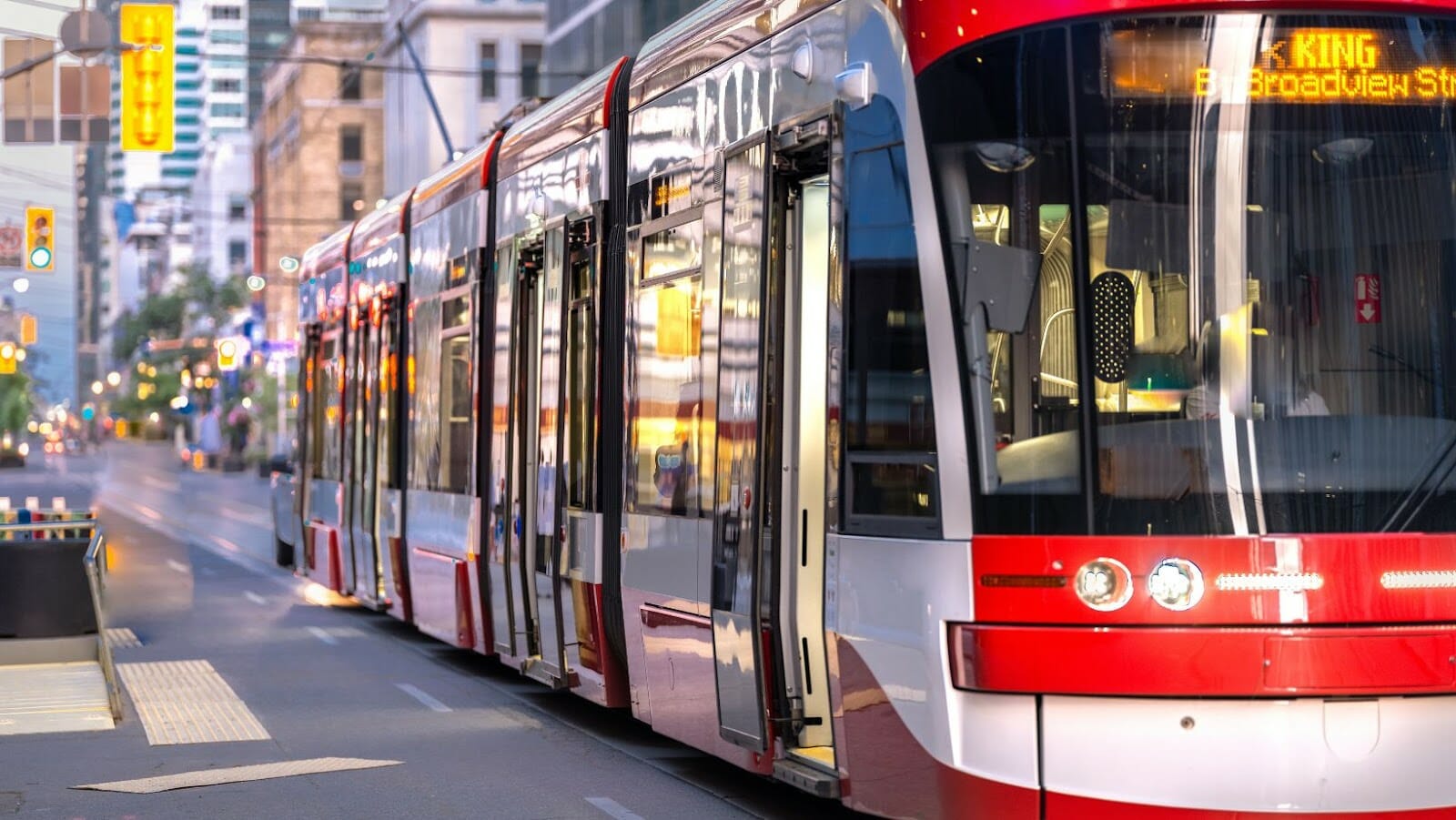Orlando’s Beep, a technology-driven transportation solutions provider, recently announced a $25 million funding round to further improve its autonomous shuttle services. This investment will help the company accelerate and expand its services and introduce more features to its autonomous shuttles. In addition, the money was reported to be used to refine and upgrade the autonomous shuttle technology.
Let’s look at some of the details of this new development.
Overview of Beep and its autonomous shuttles
Beep is a technology company that provides turn-key mobility solutions powered by its network of autonomous shuttles. The company was founded in 2018 and operates in the United States and Canada.
Beep’s shuttles are designed to maximise safety, efficiency, and comfort while driving on public roads. They are equipped with high-definition cameras, detectors, and software that enable them to avoid obstacles and detect pedestrians while operating autonomously. In addition, all trips are subject to an operator regularly monitoring the route ahead of the shuttle.
The autonomous shuttles can carry up to 12 passengers at a time – making them suitable for a wide range of uses including first/last-mile transportation for commuters, campus traffic for universities, wheelchair or elderly accessible rides for senior centres and retirement communities; tours or sightseeing activities around town; medical facility visits from medical centres to patients; or special events such as corporate campuses, residential buildings or festivals.
Beep recently announced a new partnership with Arrival – one of the world’s most advanced commercial vehicle companies – allowing Beep to offer their customers an innovative transportation solution tailored to their needs such as a retrofitted Toyota Sienna minivan customised for passenger transportations goods on public roads. This upgrade will enable Beep’s autonomous vehicles improve rider experience significantly with enhanced safety features such as blind spot detection system with 360º coverage and LiDAR assisted collision prevention systems as well fuel improved energy management services through Arrival’s innovative electric drivetrain platform allowing greater vehicle range and optimised battery performance while reducing environmental emissions.
Beep’s Recent Funding
Orlando’s autonomous shuttle company, Beep, just announced a $25M Series B round. The funding is expected to be used to upgrade and expand the company’s existing autonomous shuttle network. This comes after Beep’s prior $15M Series A funding in 2018.
Let’s explore what this additional funding means for Beep and its operations.
Overview of the $25M raised
Beep, a Florida-based company that offers autonomous shuttle services, recently announced it has raised $25 million in Series B funding. Led by Almanac Investments, Hyundai’s Cradle and Toyota AI Ventures, Beep’s new investment will help the company accelerate its efforts to further develop its fleet of self-driving shuttles.
The series B financing will enable Beep to expand its testing and deployment of autonomous shuttle services worldwide. The funding will also allow Beep to accelerate the development of safety features for its fleet such as collision avoidance capabilities and improved traffic routing algorithms. In addition, it will help the company further invest in cloud computing infrastructure and product engineering initiatives crucial for scaling up its operations.
Beep’s success in attracting investment is a testament to growing investor interest in the autonomous vehicle space. Founded in 2017, Beep has pioneered the development of autonomous vehicle shuttles offering safe and efficient transportation to passengers travelling short distances such as residential neighbourhoods or tourist attractions. The company has already been able to successfully trial its shuttles across several townships including Arizona, Japan and Massachusetts.
How the funds will be used to level up the shuttles
Beep, a leading provider of autonomous shuttles, recently announced that it has raised $31 million in a Series C funding round for its self-driving technology. This brings Beep’s total funding to date to over $60 million. The funds will increase Beep’s autonomous shuttles through increased safety, performance and reliability.
Beep plans to use the funds to further expand its research and development efforts in autonomous technology and build on its partnerships with industry leaders including State Farm and EconoBEEp. Specific areas where the funds will be used include:
- Expanding customer service capabilities.
- Adding new safety features such as automatic emergency braking.
- Strengthening the company’s fleet management system.
Additionally, Beep plans to refine their data collection systems to provide more insights into behaviour patterns of riders using their service.
In addition to the funding announcement, Beep also announced that it is launching a pilot program with EconoBEEp which will offer passengers discounted rides to make transportation more accessible for users in underserved communities. This program is an exciting step forward for Beep as it marks an important milestone in its mission of helping people access safe and reliable mobility options worldwide.
Orlando’s Beep raises $25M to level up its autonomous shuttles
Orlando’s Beep is raising $25M to level up its autonomous shuttles, making the fleet even more valuable to cities and universities. Autonomous shuttles have numerous benefits, including providing convenient and efficient transportation options, reducing emissions and congestion, and offering an accessible and safe way to get around.

Let’s take a closer look at the various benefits of these autonomous shuttles.
Improved safety and convenience
Beep’s autonomous shuttles are designed with improved safety features that maximise convenience for the user. The most notable of these features are sensors, cameras, and other detection devices that allow the shuttle to detect potential obstacles in its path and seek alternate routes.
In addition, Beep’s technology is used to build obstacle avoidance algorithms that allow for better navigation even in complex urban environments. Furthermore, Beep shuttles have been designed with multiple security measures in mind from both a software and hardware perspective. For example, all shuttles will be equipped with secure doors that require authentication before they can open and be locked when not in use. Additionally, their software-based systems will include advanced logging capabilities so any errors or malfunctions can be traced back to their root cause and fixed quickly.
The benefits of autonomous shuttles extend beyond safety; these vehicles also provide increased convenience for users by saving time and money compared to public transport options such as buses or trains. Shuttles can be privately owned or operated by companies as part of a fleet service model enabling people to select specific transport services that suit their needs without any time constraints. Thanks to its intelligent routing capability, the shuttle can take people from point A directly to point B – eliminating extra stops or wasted time visiting out-of-the way places. Additionally, passengers may enjoy the privacy associated with this mode of transport ensuring complete personal safety whenever needed. Lastly, Beep’s shuttle services are cost effective compared to alternative forms of transportation — such as Uber or Lyft — due largely because many fleets operate on discounted rates for commuters who book frequent trips over long distances.
Reduced cost of transportation
Beep has announced plans to upgrade their autonomous shuttles with direct routing technology. Deploying these autonomous shuttles in cities, universities and transportation hubs can reduce the cost of transportation for commuters by providing them with an efficient and comfortable ride.

The Direct Routing Technology uses GPS technology combined with advanced algorithms to calculate the shortest route for the driverless shuttle to reach its destination in the most efficient way possible. This offers up several benefits compared to traditional bus routes, such as lower operational costs due to less usage of fuel and maintenance, faster commutes as they are not restricted to following typical predetermined routes, thus allowing them to reach their destination quicker, and improved safety as proactive measures can be taken since the system constantly monitors various aspects when in operation.
Additionally, Beep’s autonomous shuttles provide efficient access throughout areas that would otherwise be difficult or impossible for traditional public transport vehicles. In addition, it offers extra time savings over normal driving methods by planning paths ahead of time and avoiding traffic congestion as much as possible. Furthermore automated payments from customers and cashless transactions could be integrated into this system adding increased convenience for passengers going from one point to another. This system also ensures that passengers would receive better customer service since a real-time tracking system enables people who are using the service to know exactly when it will arrive at their location a couple hours beforehand depending on waypoints set by local government authority or business now using autonomous shuttles for their operations.
The Future of Autonomous Shuttles
Autonomous shuttles are the future of transportation and Orlando’s Beep is taking big steps towards making this reality a reality. They have recently raised $25M to level up their autonomous shuttles and the upgrade promises to be a game changer.

This article will dive into how this new upgrade will transform the future of autonomous shuttles.
Expansion of Beep’s services
Beep, a leader in providing customised autonomous shuttle solutions, is committed to expanding its services and raising the bar on customer satisfaction. To meet the needs of their growing customer base, they have announced that they will be introducing several upgrades to their autonomous shuttles.
This upgrade will focus on providing customers with an improved user experience and enhanced safety features. Beep’s vehicles will be equipped with emergency braking capabilities and better sensors for obstacle detection.
The new upgrades also add more value to customers’ rides by allowing them to access more innovative services such as real-time status notifications, instant feedback on routes and detailed analytics. Furthermore, customers will also be able to choose from a wide range of add-ons such as Wi-Fi hotspot services and USB charging ports.
All these enhancements are evidence of Beep’s commitment to providing enhanced customer satisfaction through reliable, efficient and safe autonomous shuttle solutions for the future. With this major upgrade, Beep is set to deliver next generation passenger transport that meets the expectations of its growing customer base.
Impact on the transportation industry
As driverless shuttles continue to emerge and evolve, the ripple effects of this new method of transportation will be felt throughout the transportation industry. Autonomous shuttles are expected to shape the way people get from point A to point B in coming years, and there are a few key ways in which they will likely do this.
First and foremost, autonomous shuttles function without needing a human controller, meaning they are far more cost-efficient than their manual counterparts. They are also capable of operating at a faster speed than traditional shuttles, making them an attractive option for travellers who want to get where they’re going as efficiently as possible. Finally, autonomous shuttles can cover a much greater range than most manual shuttles and do not require stops or routes to be manually configured and re-configured; they can usually be operated on a 24/7 schedule.
These features make autonomous shuttles ideal for larger cities and metropolitan areas; however, their capabilities outpace most traditional modes of transportation in smaller towns. As rider demand increases, so will the availability of autonomous shuttle options, leading local governments to invest heavily in driverless technology. This could further affect infrastructure updates and other forms of public transport such as buses or trains over time. In addition, an increase in the prevalence of autonomous shuttles would likely lead to fewer cars on the roads (reducing traffic congestion) and also help create jobs as technicians/engineers for operations teams become increasingly necessary roles within organisations providing commuting services using these vehicles.
tags = Beep Inc, Beep’s autonomous vehicle, Orlando-based Beep, self-driving shuttle, beep card, beep, orlandobased beep abs 50msoderstrom orlando businessjournal








